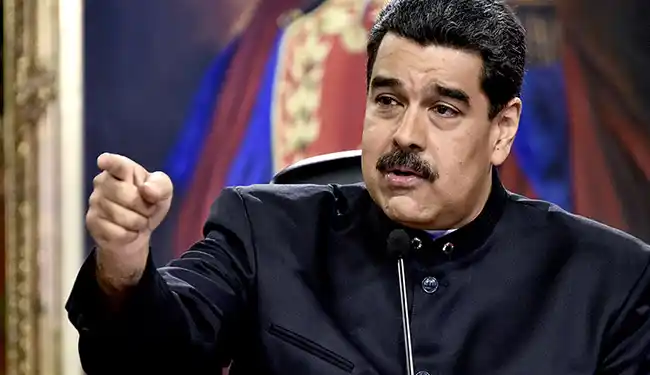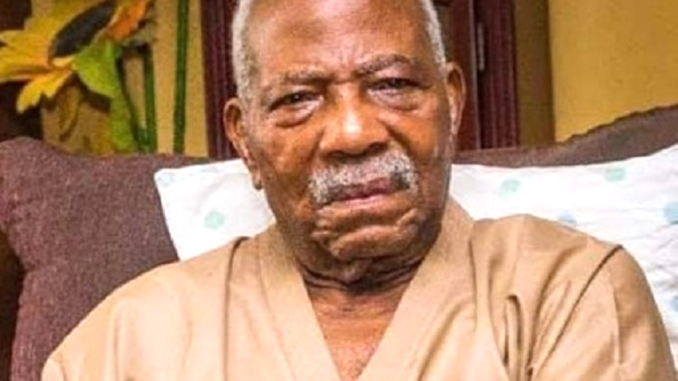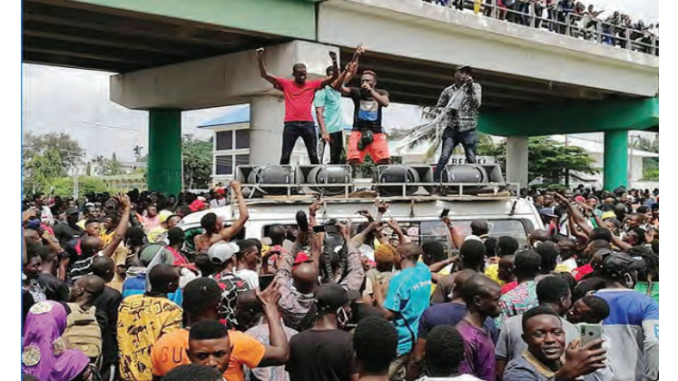Venezuela’s President Nicolas Maduro has been re-elected with 51.2 percent of the votes, as announced by the electoral council on Sunday. The election campaign was marred by allegations of opposition intimidation and fraud concerns. Elvis Amoroso, head of the CNE electoral body, reported that opposition candidate Edmundo Gonzalez Urrutia received 44.2 percent of the votes. ...READ THE FULL STORY FROM SOURCE ↔️
Independent polls had suggested that the vote might end the 25-year “Chavismo” movement initiated by Maduro’s mentor, Hugo Chavez. Following the announcement, Maduro, 61, addressed his supporters, promising “peace, stability, and justice.” Meanwhile, opposition supporters awaited reactions from Gonzalez Urrutia and opposition leader Maria Corina Machado.
US Secretary of State Antony Blinken voiced “serious concerns” that the election results did not reflect the voters’ will.
Maduro, in power since 2013, leads a country where the GDP has plummeted by 80 percent over a decade, causing over seven million of the 30 million population to emigrate. He faces accusations of detaining critics and harassing the opposition in an increasingly authoritarian environment.
Gonzalez Urrutia replaced Machado on the ballot after she was excluded by authorities loyal to Maduro. Machado urged voters to remain vigilant during the counting process amid fraud fears.
Despite opinion polls predicting a different outcome, the government’s data suggested Maduro would win over Gonzalez Urrutia, a 74-year-old former diplomat. Maduro benefits from a loyal electoral apparatus, military leadership, and state institutions.
A Venezuelan NGO reported 305 “political prisoners” and 135 arrests of opposition campaign affiliates since January.
Gonzalez Urrutia expressed confidence in the armed forces to honor the people’s decision, noting a significant voter turnout.
Votes were cast electronically with paper receipts, and the opposition deployed around 90,000 volunteer monitors nationwide.
The election resulted from a mediated deal last year between the government and the opposition, prompting the US to temporarily ease sanctions imposed after Maduro’s disputed 2018 re-election. However, sanctions were reinstated after Maduro failed to meet the agreed conditions.
The economic crisis in Venezuela, a country with the world’s largest oil reserves but diminished production capacity, has driven mass migration to the US. Most Venezuelans live on a few dollars a month amidst failing healthcare and education systems and shortages of electricity and fuel. The government attributes these issues to sanctions, though corruption and inefficiency are also blamed.
Machado warned that another wave of emigration would occur if Maduro retained power, emphasizing the broader implications of the election beyond Venezuela’s borders.
Concerns over the vote’s fairness were heightened when international observers, including four Latin American ex-presidents, were blocked by Caracas. Foreign ministers from seven Latin American countries called for the electoral process to respect the Venezuelan people’s will. Of the 21 million registered voters, only an estimated 17 million are eligible to vote within the country.…For More READ THE FULL STORY▶▶




